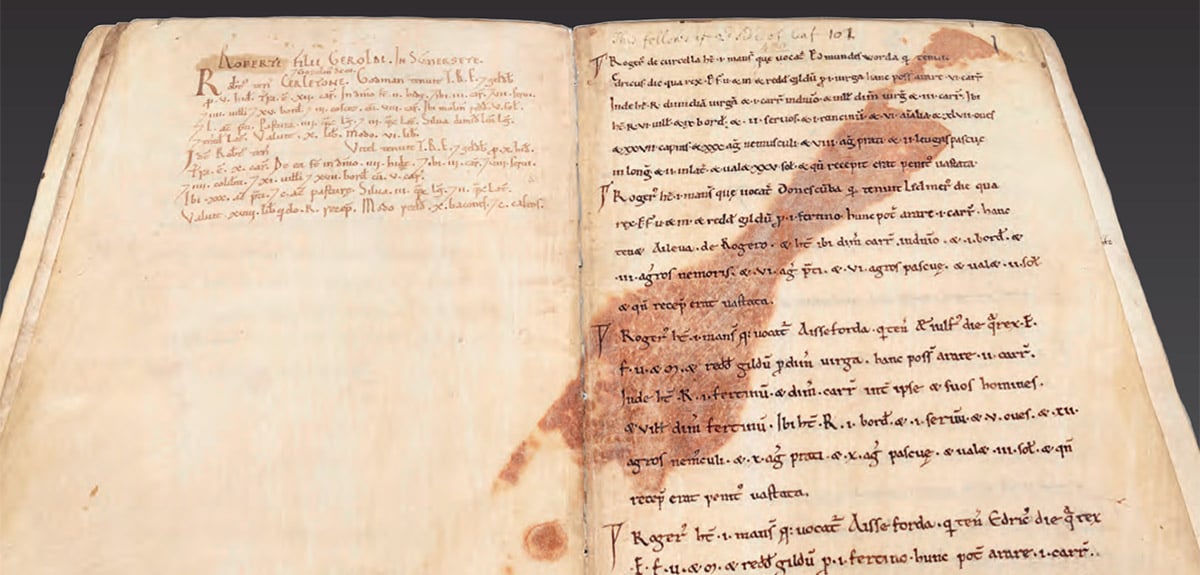Domesday Book: Not Just Taxes, But 11th-Century Big Data?

New research challenges long-held assumptions about William the Conqueror's Domesday Book. Using the earliest surviving manuscript, Exon Domesday, researchers argue the survey wasn't simply about maximizing taxes, but a sophisticated exercise in governmental control—an 11th-century form of big data. The study reveals how William's administration gathered vast economic and territorial data across England in under seven months, processing it with astonishing speed and clarity. The team also proposes a likely identity for the principal scribe, potentially Gerard, William's chancellor. This innovative approach, using only pen, parchment, and human interaction, highlights the ingenuity of the Domesday creators and its significance as a remarkable feat of administrative innovation.
Read more